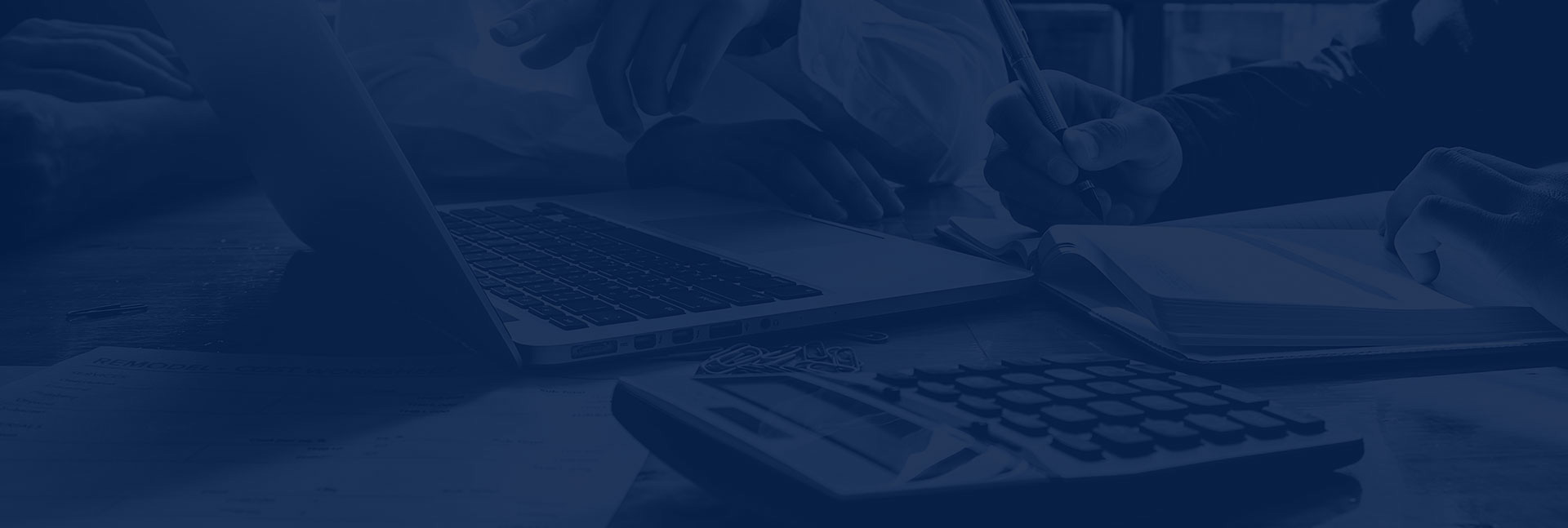
Debt Discharge in Queens
Eliminating Debt Through Bankruptcy
Did you know that the U.S. Bankruptcy Court has the power to erase your legal obligation to repay certain debt? Referred to as a debt discharge, this court order is the most powerful benefit of bankruptcy. It gives individuals, families, and businesses a clean slate upon which to build stronger financial foundations.
At the Law Office of Seni Popat, our job is to do everything in our power to help you experience this benefit. Our Queens bankruptcy attorney knows exactly what it takes to obtain it, and we can help you understand your rights and responsibilities before, during, and after the discharge.
Ready to learn more about obtaining a debt discharge in Queens? Give us a call at (718) 340-3385 or reach out to us online. We can answer all your questions during a free initial consultation.
What Is a Debt Discharge?
To put it simply, a debt discharge is a court-ordered cancelation of qualifying debt. The Bankruptcy Court can do this without the approval of your creditors, and, once it occurs, collection agencies can no longer contact you or use any other method to collect what you owed.
Here is a general list of dischargeable debts:
- Medical bills
- Credit card debt
- Payday loans
- Utility bills
- Other forms of unsecured debt
Unfortunately, bankruptcy cannot eliminate secured debt (i.e. debt that is backed by collateral, like a mortgage or automobile loan). When you purchase property with a secured loan, or when a creditor attaches a lien to your property, the creditor has the right to take this property if you fall behind on payments or fail to satisfy a judgment they obtained in court. Bankruptcy, therefore, is generally powerless to discharge secured debt.
Other types of debt are listed in the Bankruptcy Code as non-dischargeable, as well. These debts include:
- Child support
- Spousal support/alimony
- Fines or penalties
- Debt accumulated through fraud
- Debt accumulated through willful damage or injury done to a person or property
- Debt accumulated through someone’s death/personal injury resulting from the filer’s intoxicated driving
- Any debt not listed on the bankruptcy petition
Tax Debt and Student Loans
If you owe taxes or student loans, eliminating them through bankruptcy will be a challenge. Under certain conditions, both are technically dischargeable, but you may need to file an adversary proceeding, and it can be difficult to qualify for relief.
When Does the Discharge Occur?
The debt discharge will occur at the end of the bankruptcy case IF you meet all requirements. If you file Chapter 7, this discharge can occur within 4-6 months of filing your petition. Chapter 13 discharge, on the other hand, will not occur until you have completed your 3-5-year repayment plan.
Once your discharge occurs, we recommend checking your credit report for accurate updates. Your discharged debts should be listed as accounts with zero balances. If creditors continue to contact you regarding discharged debt, you can simply inform them of your bankruptcy and give them your attorney’s contact information.
Let Us Help You Achieve Financial Freedom
The debt discharge is why bankruptcy is a fresh start for hundreds of thousands of Americans every year. Getting to this final step can be a challenge, however, as you will need to meet a series of requirements and closely adhere to bankruptcy laws and procedures. Fortunately, our Queens bankruptcy attorney at the Law Office of Seni Popat is here to provide the personalized guidance and representation you deserve. With our support, a life free from burdensome debt may be closer than you ever thought possible.
To schedule your complimentary case evaluation, call (718) 340-3385 or contact us online today.

Making A Difference One Client At A Time
-
Sweet Face - via Google
 "Seni Popat was helpful, informative, knowledgeable and kind."
"Seni Popat was helpful, informative, knowledgeable and kind."
-
Daniel D. - via Google
 "Outstanding transparency and communication."
"Outstanding transparency and communication."
-
Former Client - via Google
 "Mr. Seni Popat and his team, at once, put me at ease, explicitly explaining and preparing me."
"Mr. Seni Popat and his team, at once, put me at ease, explicitly explaining and preparing me."
-
Deandra Lindor C. - via Google
 "The best you can find!"
"The best you can find!"
-
Isaek E. - via Google
 "Professional with a family feel."
"Professional with a family feel."

Awards & Recognitions












